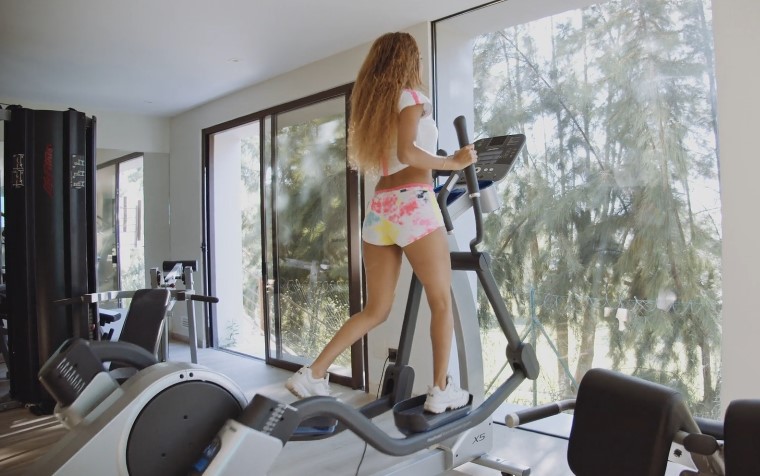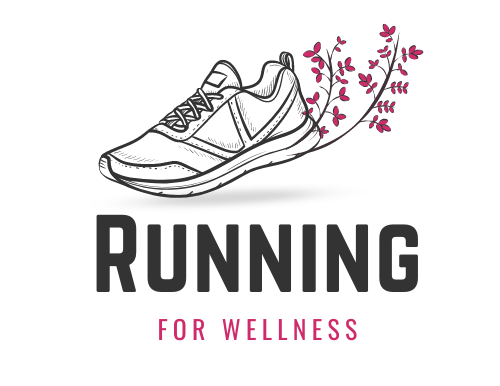Finding time to juggle school, workouts, and a decent night’s sleep can feel like trying to win at a game with no pause button.
It doesn’t matter if you’re a student deep into finals, someone prepping for a licensing exam, or just trying to stay sharp and healthy; squeezing it all into 24 hours isn’t easy.
Still, with the right rhythm and a few smart adjustments, it’s not only doable — it can actually feel good.
This isn’t about superhuman discipline. It’s about realistic, proven strategies that work in real life. Sleep doesn’t have to get cut short, your brain doesn’t have to run on fumes, and your workouts don’t have to vanish just because there’s a test coming up. Let’s break it all down into something you can actually use.
Why You Need All Three – Sleep, Exercise, and Study
Sleep Comes First

You can’t think straight, retain new material, or stay motivated when you’re running on empty. And it’s not just about how long you sleep, but when and how consistently.
The American Academy of Sleep Medicine warns that cutting sleep short impairs learning, memory, focus, and even your immune system. MIT researchers tracked 100 engineering students and found something wild: students sleeping just one hour less (6.5 vs. 7.5 hours) had grades 50% lower. Same total sleep, different bedtime? The late sleepers still did worse.
Late-night cram sessions might feel productive, but statistically, they’re working against you.
Exercise Boosts More Than Muscles
Physical activity isn’t just about staying fit.—if you’re juggling studies alongside career training (like pursuing healthcare credentials), you might also consider supportive structures like ABSN programs online to streamline your academic journey.
Aerobic workouts — even moderate ones — increase deep sleep, lower anxiety, and improve memory retention. One study in Frontiers in Psychology found that students who exercised regularly had higher energy, better sleep, and more mental stamina.
Johns Hopkins researchers even showed that moderate aerobic exercise boosts the most restorative kind of sleep — slow-wave sleep — which is where physical recovery and memory consolidation happen.
Morning workouts are especially helpful: they spike energy and alertness throughout the day and don’t interfere with bedtime.
Harvard Health recommends avoiding intense evening sessions, since late-night adrenaline can throw off your sleep rhythm.
Studying Smarter (Not Longer)
Pulling all-nighters or locking yourself in a library for hours can easily backfire. A study from BelievePerform found that students who exercised 20+ minutes most days scored about 10% higher in grades, even if they didn’t spend more time studying. The key is efficiency.
Things like active recall, spaced repetition, and focused, timed sessions work better than marathon note-reading. More on that in a bit.
Time Management That Actually Works
Build a Repeatable Daily Schedule

Without structure, it’s easy to waste hours on random tasks or scroll endlessly on your phone, convincing yourself you’ll start “in five minutes.”
A sample schedule:
| Time | Activity |
| 6:00 AM | Wake up + 30-min walk |
| 7:00–8:00 AM | Breakfast + prep time |
| 9:00–12:00 PM | Study (Pomodoro cycles) |
| 12:00–1:00 PM | Lunch + short break |
| 3:00–3:30 PM | Light exercise (yoga, stretch) |
| 10:00 PM | Sleep |
Stick to it most days, and your body will settle into a rhythm. That rhythm helps with everything — falling asleep faster, waking up easier, staying mentally sharp.
Pomodoro for Study Sessions
The Pomodoro technique is simple: study for 25 minutes, then take a 5-minute break. After four rounds, take a 15–30 minute break. It sounds basic, but it helps you avoid burnout and keeps your focus sharp.
During breaks, try:
- Stretching or a short walk
- Jumping jacks
- Filling a water bottle and sipping slowly
- Quick breathing exercises
Moving a little during breaks can refresh your brain more than you’d expect.
Sleep Isn’t Optional, Here’s How to Make Room for It

If you’re short on time, don’t cut sleep. Instead, tighten up your habits around it.
Set a Target Bedtime
Work backward from your wake-up time. If you need to be up at 6:00 AM, aim to be asleep by 10:00 PM. That leaves eight full hours — the sweet spot for most adults and students.
Protect Your Sleep Space
- No screens an hour before bed. Blue light delays melatonin release.
- Keep your bedroom cool, quiet, and dark.
- No caffeine after 2 PM. Even if you don’t “feel it,” it’s in your system.
Be Consistent
Irregular bedtimes are a hidden academic killer. That MIT study we mentioned also found that students with just 30 minutes more nightly variation in their sleep schedules had significantly lower grades.
Consistency counts.
Working Exercise into a Packed Day

If you think you don’t have time to work out, chances are you’re picturing 90 minutes at the gym. But that’s not the goal here.
Small Sessions, Big Wins
According to the World Health Organization, just 150 minutes of moderate aerobic activity per week is enough. That breaks down to:
- 30 minutes/day, 5 days/week
- Or three 50-minute sessions
- Or even ten minutes here and there throughout your day
It all adds up.
Stack Exercise with Study
Here’s where things get creative.
- Text-to-Speech Learning: Use NaturalReader or a similar tool to listen to your reading material while walking.
- Active Flashcards: Walk around while going through flashcards.
- Stretch Between Topics: After each section or chapter, do 5 squats or a short plank hold. Keeps the blood flowing.
Choose Activities You’ll Actually Do
No need to suffer through something you hate. Walking, cycling, yoga, bodyweight circuits — all legit options. Pick something you enjoy and you’ll keep showing up.
Study Smart, Not All Day

1. Use Active Recall
Instead of rereading or highlighting, quiz yourself. Use flashcards, apps like Anki, or just write down what you remember after reading a page. The effort of retrieving info strengthens memory.
2. Teach What You Know
Explaining a topic to someone else forces your brain to connect the dots. If no one’s around, explain it out loud to yourself — or even record yourself talking through it.
3. Keep Distractions Away
Turn off notifications. Use website blockers like Cold Turkey or Freedom. One focused hour is worth more than three distracted ones.
Common Struggles
“I don’t have time for everything.”
Start by locking in your sleep schedule. Then look for small windows — 15 minutes here, 20 there — to walk or study with focus. Multitask where it works, like walking while listening to class material.
“I’m too tired to exercise.”
Try exercising early. Even 10 minutes of movement in the morning boosts endorphins, sharpens focus, and gets you out of that slump. It often sets a better tone for the rest of the day.
“I can’t fall asleep early.”
Use a calming bedtime routine. Put your phone down. Try light reading, journaling, or deep breathing. Melatonin production kicks in best in a dark, screen-free space.
Wrapping It All Up
It’s not about cramming more into your day. It’s about organizing your day around what actually supports your success.
- Sleep is non-negotiable. Without it, everything else suffers.
- Exercise is a time-efficient way to boost focus, mood, and sleep quality.
- Studying doesn’t need to take over your life, but it does need structure.
Once you start syncing your body and brain with a routine that respects all three, things get easier. You’ll think more clearly, feel better physically, and still have gas in the tank to keep going, without burning out.
Give it a shot. Start with small tweaks. The results won’t take long to show up.
Related Posts:
- How Long Does It Take to Train for a Half Marathon?
- How Can You Start a Career as a Running Coach?
- 25 Simple Running Motivation Tips To Get You Moving
- Top 400 Hilarious Gym Quotes to Keep You Motivated
- How Far Is a Half Marathon? Everything You Need to Know
- How To Recover From Muscle Inflammation Without Medication







